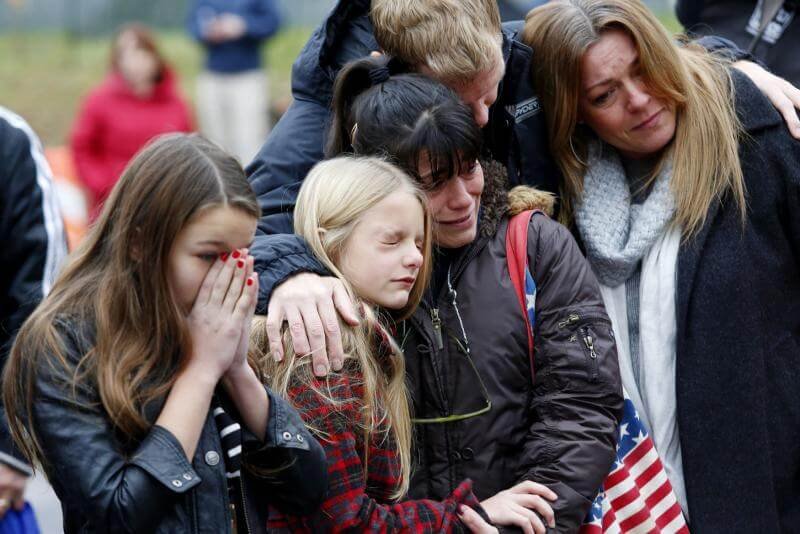Two teenagers who survived the 2018 shooting at Marjory Stoneman Douglas High School in Parkland, Fla., took their own lives within days of each other. The father of a child killed in the 2012 Sandy Hook Elementary School shooting in Newtown, Conn., died by suicide a few days later.
…
How does being connected to a mass trauma event like a school shooting affect a person’s later risk for mental health problems and self-harm?
…
[E]xposure to violence does seem to increase suicidal thinking and, for some, the ability to act on those plans.“When you’re exposed to that kind of violent loss, it breaks past that little barrier that most of us have that says ‘This isn’t how the world works’ or that life is sacred,” says [psychologist] Amy Mezulis.
…
How do we help those most at risk?
Frustratingly, researchers don’t really know, Mezulis says. “We have good data that describe the percentage of people who recover, [and] the percentage of people who develop post-traumatic stress. We don’t have a good idea of what we can do following a trauma to change those outcomes.”
Read full, original post: What we know and don’t know about how mass trauma affects mental health































